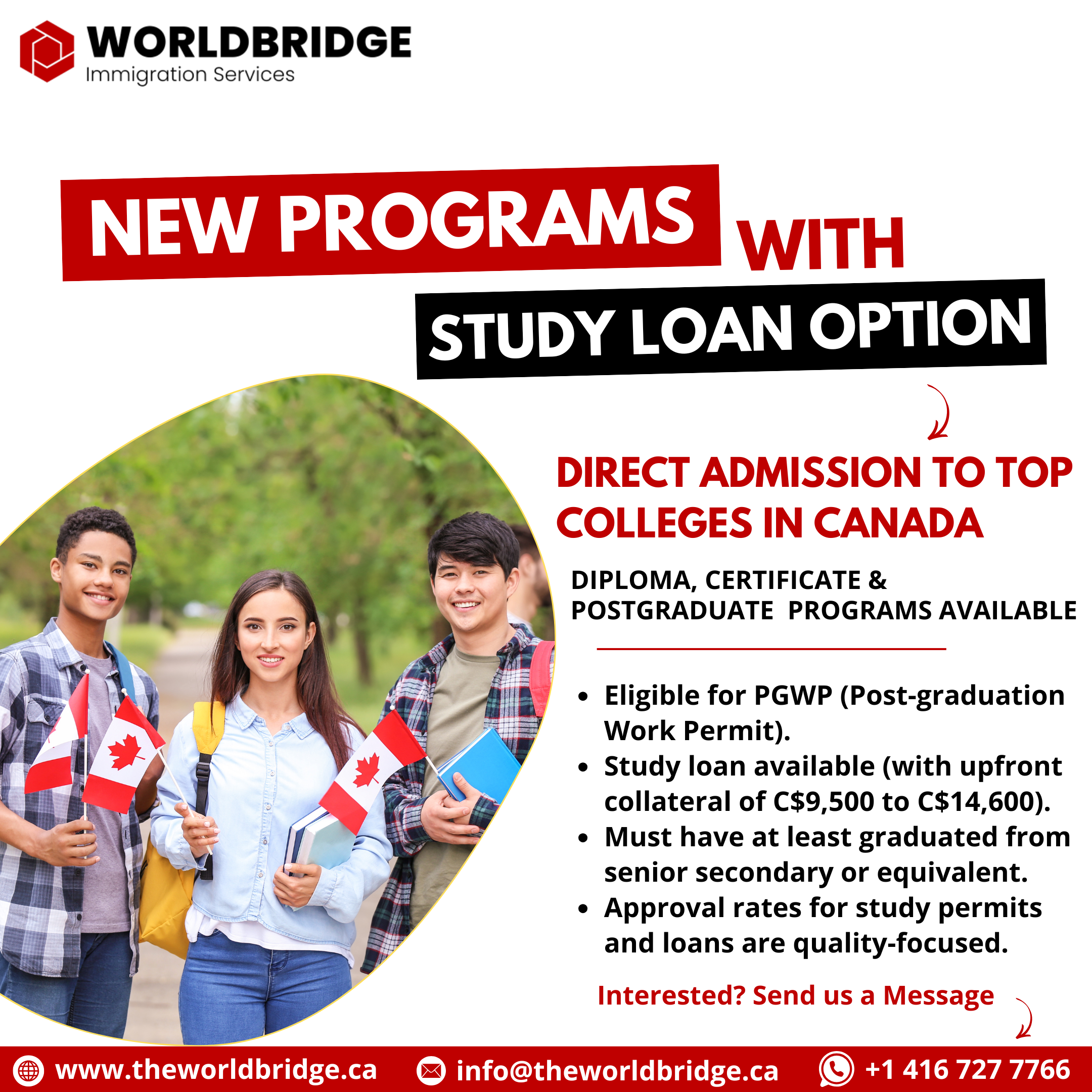Applying for a Canada Visitor Visa can be a daunting process, especially when there is a risk of refusal. Whether you’ve applied for a visitor visa and been denied, or you’re preparing to submit an application and wondering how to maximize your chances of success, understanding the common reasons for refusal is essential. In this article, we will explore the common mistakes that lead to visa refusals and provide practical tips on how to avoid them. 1. Lack of Strong Ties to Home Country One of the main reasons visitor visa applications are denied is the applicant’s failure to demonstrate strong ties to their home country. Immigration officers want to be assured that after your stay in Canada, you will return to your home country. If you do not have a compelling reason to return, the officer may assume you plan to overstay your visa. To prove strong ties, include evidence such as: – A stable job in your home country – Family connections, such as a spouse or children – Property ownership or business operations For example, if you own a business, you could provide business registration documents, photographs of your business premises, and a letter from your staff indicating their role while you’re away. Bank statements showing business transactions and a letter of authorization for someone managing your business during your absence will further strengthen your case. 2. Strong Family Ties in Canada While strong ties to your home country are essential, strong family connections in Canada can also negatively impact your application. If most of your close family members reside in Canada, immigration officers may worry that you will be inclined to stay with them rather than returning to your home country. For example, if you have children, siblings, or parents living in Canada, it could reduce your chances of approval. 3. Lack of Travel History Another factor that may affect your application is your travel history, or lack thereof. If you have never traveled outside your home country, the immigration officer may be concerned about your intent to return after visiting Canada. A demonstrated history of travel to other countries, particularly if you returned on time, can strengthen your application. If you’ve traveled to countries like the UK, USA, or European nations, make sure to include this information. 4. Unclear Purpose of Visit It is crucial that your reason for visiting Canada is clear and well-documented. If you’re visiting for tourism, provide a detailed itinerary outlining the places you plan to visit and activities you will undertake during your stay. If your visit is for a special event, such as a wedding or business meeting, include invitations, event schedules, and any relevant documentation to prove your intent. 5. Insufficient Financial Support One of the primary reasons for visa refusals is inadequate financial documentation. Immigration officers want to be confident that you have enough funds to support yourself during your stay and return to your home country. You should provide: – Bank statements from the past six months, not just recent large deposits – Tax income statements – Proof of stable employment, including pay slips or a letter from your employer stating your salary and job security – Documentation of any assets, such as mutual funds or property Be careful not to deposit large sums into your account just before applying, as this raises red flags. You must be able to explain the source of these funds with proper documentation. 6. Overly Long Stated Duration of Stay When stating how long you plan to stay in Canada, avoid requesting the maximum six-month period unless necessary. A more realistic duration, such as one or two months, is typically more favorable. A longer stay may raise suspicions about your intent, especially if you have ongoing responsibilities like work or business in your home country. 7. Host Documentation If you are being invited by someone in Canada, the person must provide an invitation letter clearly outlining their relationship to you and the reason for your visit. Your host should also provide supporting documents such as: – Their Notice of Assessment (proof of tax filings in Canada) – Their bank statements (at least four to six months) – Proof of their immigration status (whether they are a student, worker, permanent resident, or citizen) The host’s age, marital status, and financial stability are also considered during the visa assessment process. 8. Misrepresentation Honesty is crucial when applying for a visa. Providing false information or omitting important details can lead to serious consequences, including a five-year ban from entering Canada. Be sure to declare any previous visa refusals from other countries, such as the US, UK, or Australia, as these nations share information with Canadian immigration authorities. Additionally, never submit fake or doctored documents, such as falsified job offers or bank statements. 9. Previous Visa Overstay or Illegal Status If you have previously overstayed a visa in Canada or have an illegal status in another country, it will negatively affect your application. Ensure that your current residency status in your home or resident country is legal and in compliance with local laws. 10. Health Standards Canada requires all applicants to meet certain health standards before granting a visitor visa. If you do not meet these health requirements, your visa may be denied. Ensure you complete all necessary health checks as required. 11. Incomplete or Improperly Filled Application Forms Ensure that your application forms are filled out correctly and all required documents are attached. Visa officers are processing a high volume of applications and do not have time to follow up on missing information. Incomplete applications will be refused without further notice. How Worldbridge Immigration Can Assist You Navigating the Canadian visitor visa application process can be daunting, but with the right support, you can significantly increase your chances of success. At Worldbridge Immigration, we specialize in helping individuals prepare strong and complete visa applications that align with Canadian immigration standards. Here’s how we can assist you: Comprehensive Document Review: -We ensure that
Today’s Date - July 27, 2025 3:24 pm



